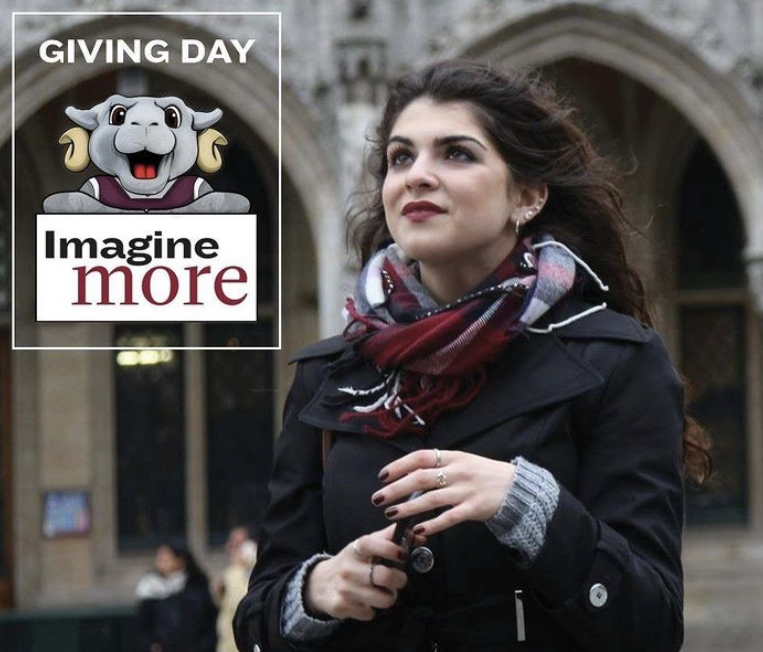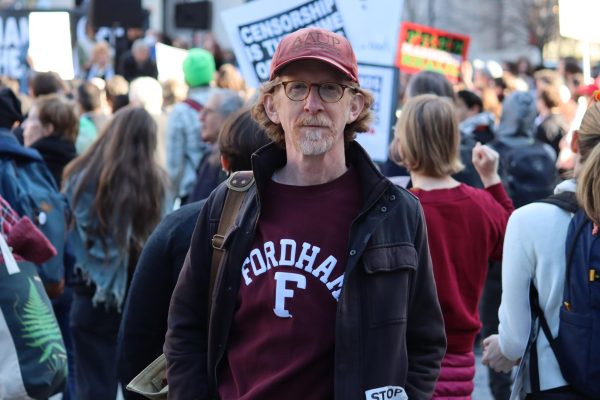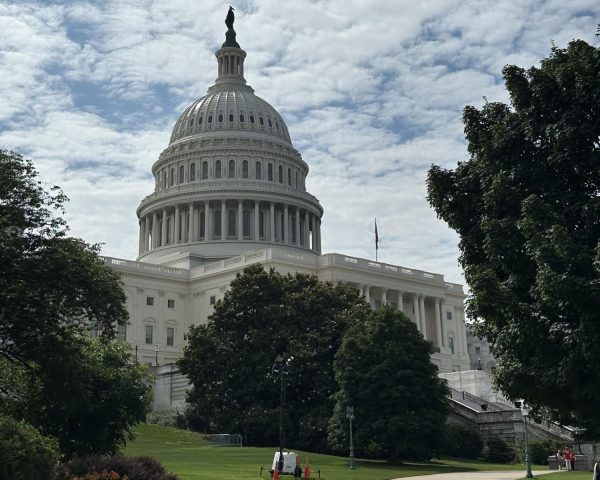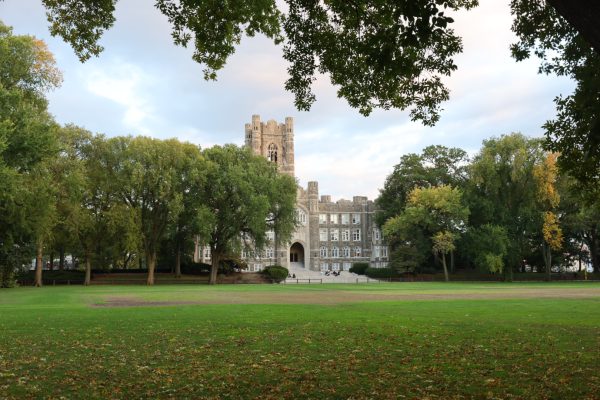Fordham’s Giving Day Raises Both Donations and Online Protests
Fordham University raised almost $1.3 million in donations during its fifth annual Giving Day, which stretched from noon on Monday, March 1 to 6:41 p.m. on Tuesday, March 2.
The university advertised the virtual fundraising event as a way for students, parents and alumni to “support causes that matter” through donations to the university. “Whether it’s for diversity and inclusion, access to education, career preparation, mental health services or something else—you can give toward any Fordham priority that is meaningful to you,” states the event’s web page.
Giving Day lasts exactly 1,841 minutes each year in honor of the year of Fordham’s founding, explained Elaine Ezrapour, GSAS ’18, the director of the Fordham Fund. The university’s goal was to secure 1,841 individual donations as well. This year, Fordham surpassed this target and received contributions from 2,779 donors, according to the official online tally. The emphasis of the event each year is not on the total dollar amount of donations but rather how many individual donors choose to get involved, she said.
Ezrapour said Giving Day is meant to serve as an opportunity for the Fordham community to demonstrate “in real-time” their support for various university initiatives. The ongoing tally of total donations displayed online during the event helps to motivate prospective donors to get involved, she explained.
“I think there’s real value in people contributing through Fordham to support the causes they care about,” said Ezrapour. These causes include diversity and inclusion initiatives, scholarships, counseling and psychological services and many other areas.
However, Fordham’s philanthropic efforts proved controversial among some. An online group called Fordham Anti-Racist Alumni Collective (AAC), a group of former students not officially associated with the university, called for students, parents and alumni to withhold donations to the university. The group’s Instagram page encouraged the Fordham community to send emails to the administration asking them to fulfill the list of demands ASILI first put out during the summer of 2020. (The club has since updated this list and released a second list during the fall semester.) ASILI also joined this effort online and shared posts from the AAC account.
The group succeeded in motivating members of the Fordham community to send at least 60 to 70 emails to the university during Giving Day, said Kayleigh Roberston, FCRH ’19, a member of social media and “anti-donation” teams AAC.
Robertson said AAC feels Fordham has not taken ASILI’s demands seriously enough, which is why they wanted to use the fundraising push as a way to get more attention. “Fordham really cares a lot about Giving Day and its funding and having its alumni donate,” said Robertson. “We thought, ‘What if we could get a bunch [of] people to not donate and email Fordham to say they are not donating until [the university] meets those demands.”
Robertson also said AAC members want to see more transparency and frequent communication from the university about its efforts to combat anti-racism. As alumni who have moved beyond Fordham, she said group members have more agency in challenging university administration than current students and staff. (This year, donations from alumni accounted for 51% of total gifts.”
Bob Howe, Assistant Vice President for Communications and Special Advisor to the President, provided a statement to the Ram regarding this online campaign.
“The University is making efforts on diversity and anti-racism on a broad front, most recently outlined by Father McShane in December: Addressing Racism and Educating for Justice,” wrote Howe. “The Board of Trustees is fully behind this work: A Communal Reckoning: The Work of Anti-Racism and Educating for Justice and has created a fund to further it: Board Creates Diversity Fund.”
Howe also said the university’s efforts “extend beyond” those items, including some long-term projects that “require additional funding or study to implement.”
“It’s not clear whether the alumni anti-racist group is aware of the progress we’ve made (their message seems unchanged from a year ago),” wrote Howe. “In any case, their campaign to dissuade donors on Giving Day can only hurt the students they purport to represent.”
Robertson said the group does not want alumni to stop donating for good but rather withhold gifts on a temporary basis. She also said AAC encourages Fordham community members who still want to give to the university to put their donations towards “diversity and inclusion.”
“We are still supporting the university,” said Roberston. “We’re just supporting the act of trying to make the university better for future students.”

Abbey Delk is a junior from Wheeling, West Virginia, double majoring in English and journalism and minoring in film & television. Her career at the...











































































































































































































